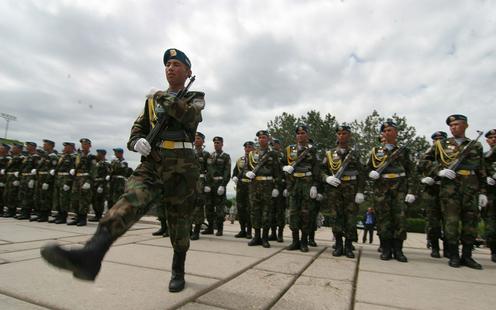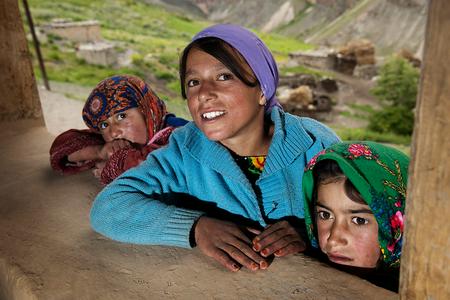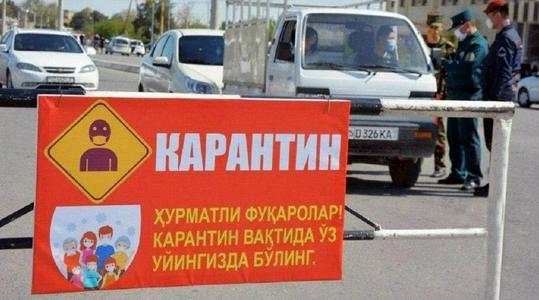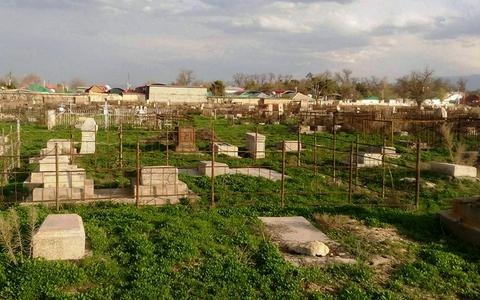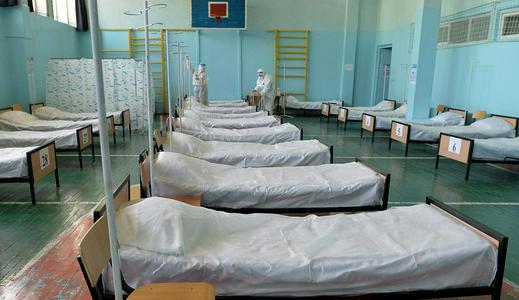The deputy prime minister of Tajikistan and head of the country’s enlistment commission Azim Ibrohim has ordered enlistment centres to end the “shameful” practice of conscription round-ups, Asia-Plus reports (in Russian), citing a source in the country’s government.
At a meeting at the Ministry of Defence, Ibrohim declared that the previous autumn’s army recruitment campaign had not been conducted satisfactorily, and said that the procedures, methods and quality of the enlistment centres’ work in recruiting young people into army service did not stand up to the slightest scrutiny.
Ibrohim censured 34 officials of the military enlistment centres and removed six military commissars from their posts. Disciplinary measures were taken against employees at the Ministry of Defence for allowing the autumn recruitment campaign to drag on until the end of November.
This is not the first time the deputy PM has called on the country’s enlistment centres to end the practice of forced conscription. In May 2017, he also labelled conscription round-ups as shameful and announced that 51 military commissars had been relieved of their duties for resorting to such means.
Tajik citizens frequently report cases of enlistment centre staff rounding up young men in the streets or bursting into private homes and carrying young people off by force. There have been cases of the forced conscription of people with disabilities whose ailments render them physically unfit for military service. The military also tries to make use of the influence of religious officials to achieve its ends. The Council of Ulema of the Islamic Centre of Tajikistan, for instance, called on citizens not to shirk military service, and imams were even made to knock on doors and urge people of draft age to enlist.
